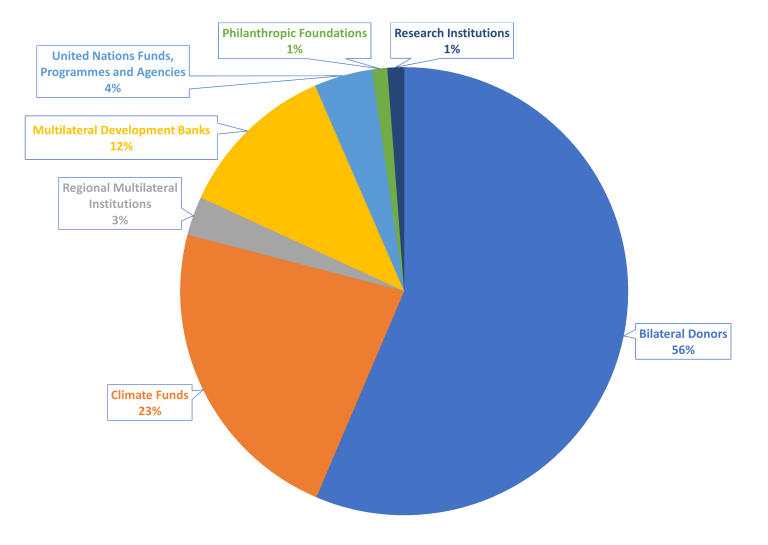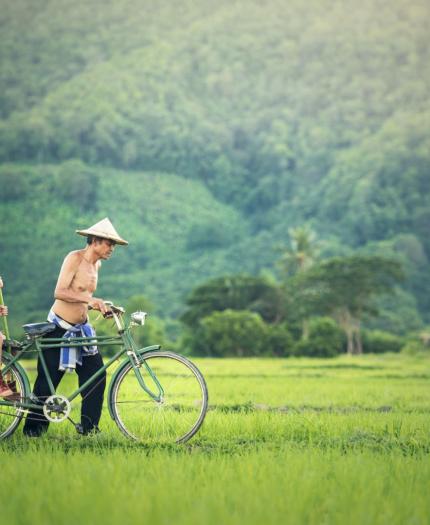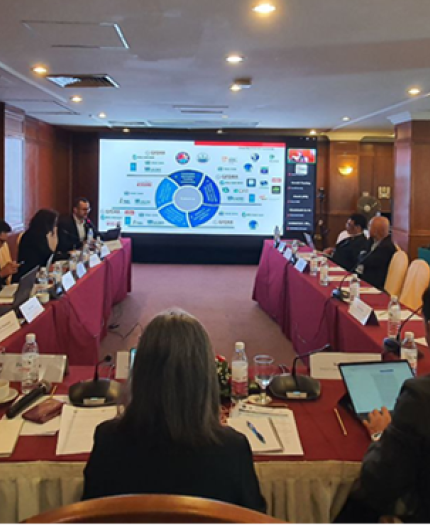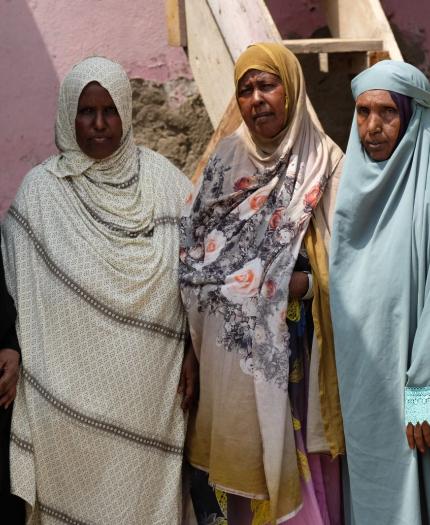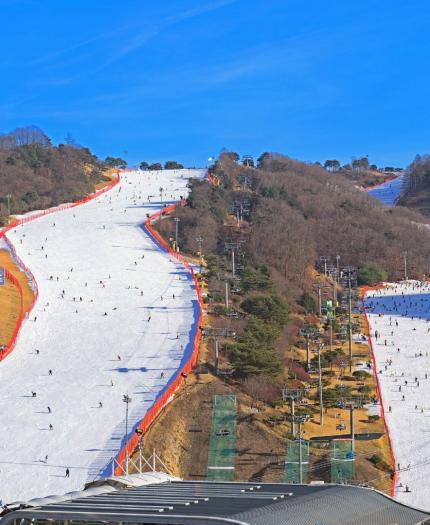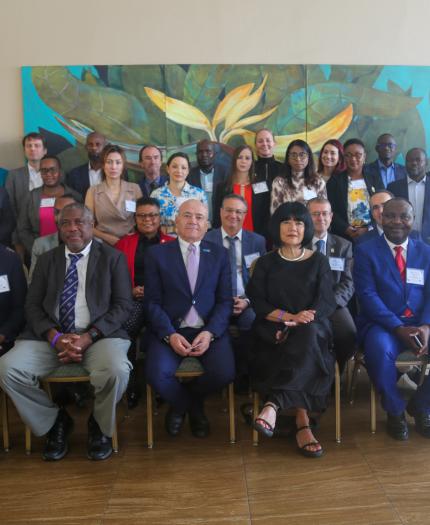Development Partnerships
Demand for actionable and tailored weather, water and climate information products and services is increasing. Many countries, especially Least Developed Countries (LDCs) and Small Island Developing States (SIDS), face challenges in providing holistic decision-support for disaster risk management, climate change adaptation and greenhouse gas mitigation. There is a growing need for more resources to bridge the gap between the rising demand and available supply.
WMO, as the United Nations authoritative voice on weather, water and climate, plays a critical role in supporting its Members to implement projects to strengthen their capacities. The technical expertise of its staff and Members are invaluable for partners seeking greater effectiveness and resilience of their development aid in a time of a changing climate and increasing extreme weather events. This support can only be provided through systematic and structured engagement with a wide range of stakeholders, and in alignment with flagship initiatives including Early Warnings for All, the Global Basic Observing Network (GBON) and the Global Greenhouse Gas Watch (G3W).
WMO finances such support through extrabudgetary resources, which in 2023 totaled CHF 35 million. As shown below, these resources are mobilized from various partners.
The Development Partnerships Office (DPO) is led by Daniel Kull and composed of the Resource Mobilization and Development Partnerships (RMDP) unit and the Project Development and Management Unit (PDMU). ASG Thomas Asare oversees the DPO, which provides support across the WMO Secretariat and to its Members and partners.
